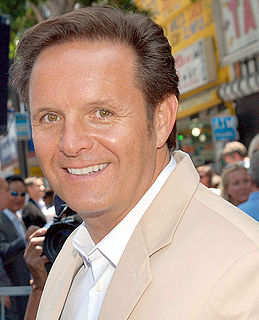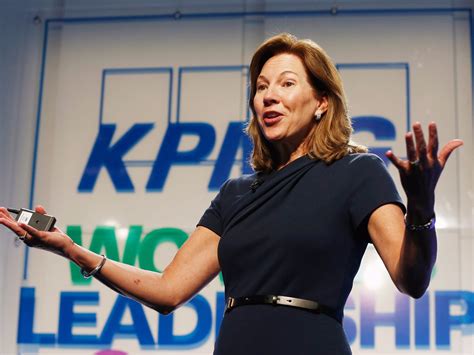A Quote by Sundar Pichai
It's a world of multiple screens, smart displays, with tons of low-cost computing, with big sensors built into devices. At Google, we ask how to bring together something seamless and beautiful and intuitive across all these screens.
Related Quotes
What I try very hard to do is have an hour or so in the morning when I leave the house and don't have my phone with me. I'll go sit in a cafe and read and handwrite in my notebook and not be facing a screen. My head will be clear. I will be able to hear myself think. Because honestly for the rest of the day it's just screens, screens, screens.
There has been a stigma around letting movies be seen on home screens on the same day as theatrical screens. Universal said they were going to do it with 'Tower Heist,' but they backed off when challenged by the theater owners. I understand where the theater owners are coming from on big studio movies.

































